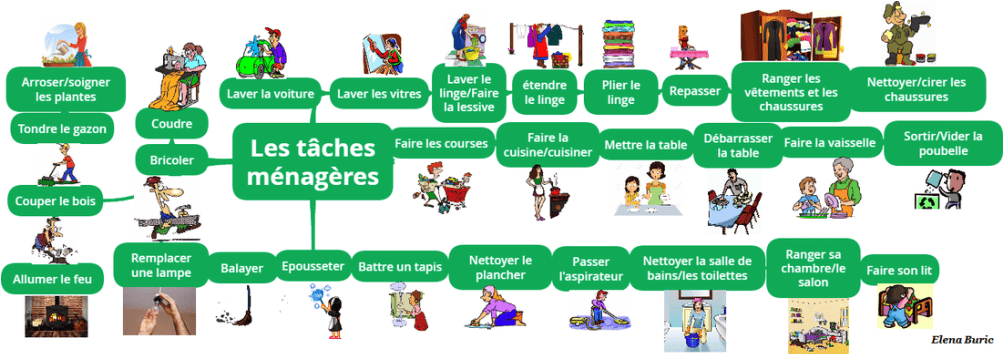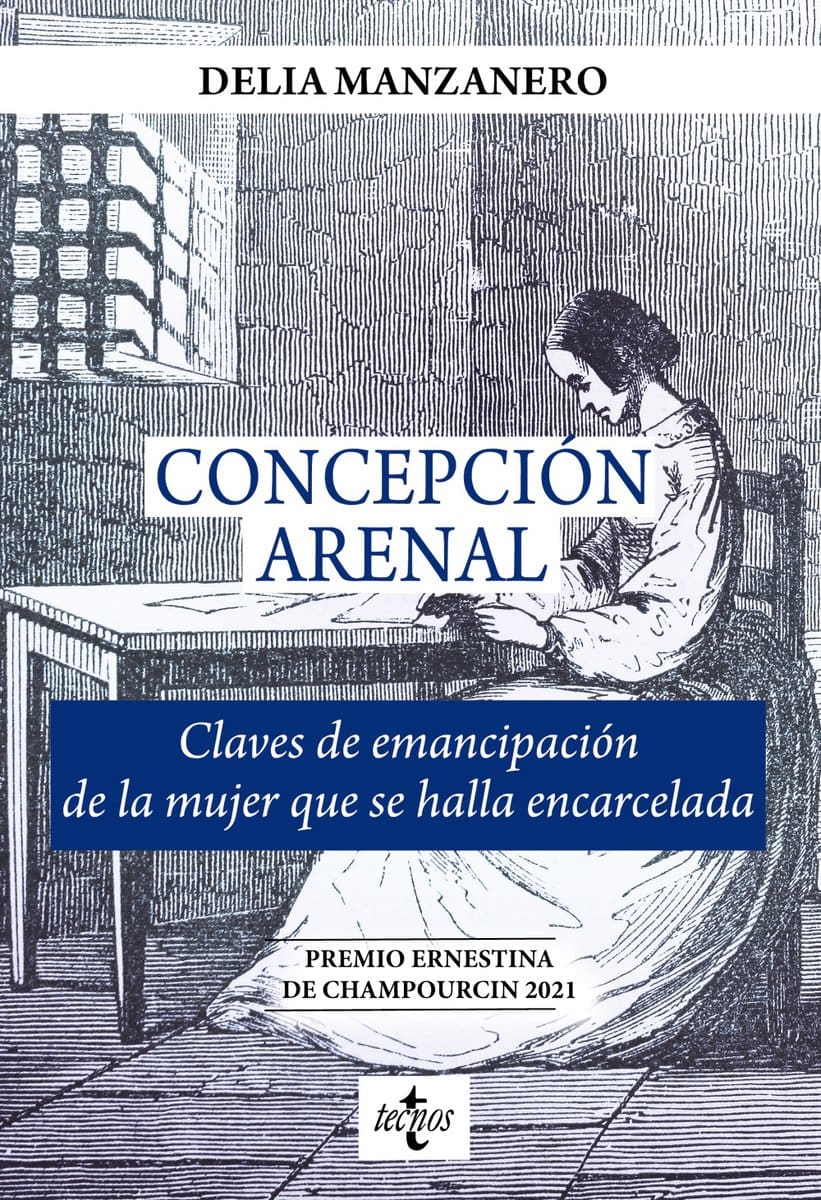Switch-Off … and Reset
Whatever plans this summer holds for you and your family, hopefully time together will play a good part of it. Not just the busy time together we might spend during work and school days, but a more spacious opportunity to reconnect with each other.
To reconnect – paradoxically – we also need to switch-off. It is fascinating how the language of technology has crossed into human personal and interpersonal experience. By switching-off we usually mean in the figurative sense of taking our attention away from the things that occupy our time, and allowing ourselves some “down-time” (another tech-derived concept). This is valuable and necessary, as taking a break from the demands on our time helps us to both reevaluate how we deal with things, and to regain the energy to deal with them again. To recharge our batteries, to add one more idiom to our list.
This switching-off might also need to be literal this summer. Some families are taking tech-audits and after working out how much time each family member is spending online and on-screen are agreeing to have a “switch-off summer.” This might be having a week away where there is no wifi, or deciding on a screen curfew after which talking to each other takes the place of fiddling with our phones.
The phenomenon of giving attention to our screens rather than the people we are with is called phubbing – “phone snubbing.” Recent attention has been paid to this in the UK press, following up research work done in Turkey on the negative effect of phubbing on our relationships. This was not news to us here at HRF, as it backs up recent research carried out by our partners at ICWF on the threat of phubbing to mental health and family well-being. See Link here
All such research is valuable, but it also stands to reason that snubbing our loved ones will not improve our relationships with them. We all acknowledge that we live more complex social lives these days and that the benefits of our virtually-connected lives should not be dismissed, but taking a break is as vital in our cyberlives as it is in our IRL ones.
Angela de Miguel-Director of Communication Human renaissance Foundations.
The points of view expressed by the authors of videos, academic or non-academic articles, blogs, academic books or essays (“the material”) are those of their author(s); they in no way bind the members of the Global Wo.Men Hub, who, amongst themselves, do not necessarily think the same thing. By sponsoring the publication of this material, Global Wo.Men Hub considers that it contributes to useful societal debates. Material could therefore be published in response to others.

Angela de Miguel
Communication Director at Home Renaissance Foundation






Commentaires récents